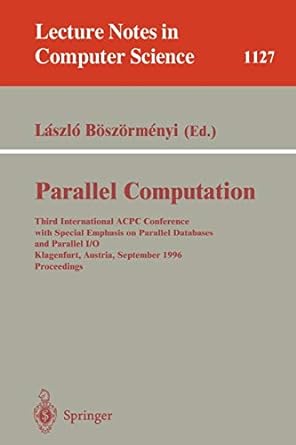| -A.B.C.D.E.F.G.H.I.J.K. | According to the Toulmin model of reasoning, the underlying assumptions or inferences that are taken for granted and that connect the claim to the data. |
| -A.B.C.D.E.F.G.H.I.J.K. | In the Toulmin model of reasoning, the proposition, a debatable or controversial assertion, drawn from the data or grounds, based on the warrant (the underlying assumption). The point your paper is making, your thesis or arguable position statement |
| -A.B.C.D.E.F.G.H.I.J.K. | In the Toulmin model of reasoning, the evidences that support a claim. They constitute proof and demonstrate that the claim is true. |
| -A.B.C.D.E.F.G.H.I.J.K. | The art or study of using written or spoken language effectively. |
| -A.B.C.D.E.F.G.H.I.J.K. | An assumption or a proposition on which an argument is based or from which a conclusion is drawn. |
| -A.B.C.D.E.F.G.H.I.J.K. | Traditional form of deductive reasoning that has two premises and a conclusion. |
| -A.B.C.D.E.F.G.H.I.J.K. | In argumentation, the movement from a number of specific instances to a general principle. |
| -A.B.C.D.E.F.G.H.I.J.K. | In argumentation, the movement from a general principle or shared premise to a conclusion about a specific instance. |
| -A.B.C.D.E.F.G.H.I.J.K. | Formal, classic argumentation that typically follows one of two common lines of reasoning, deductive and inductive reasoning. |
| -A.B.C.D.E.F.G.H.I.J.K. | A statement of a position on a subject, a course of action, or a topic for discussion or debate. |
| -A.B.C.D.E.F.G.H.I.J.K. | The opening words, sentences, or paragraphs that begin a piece of writing. |






